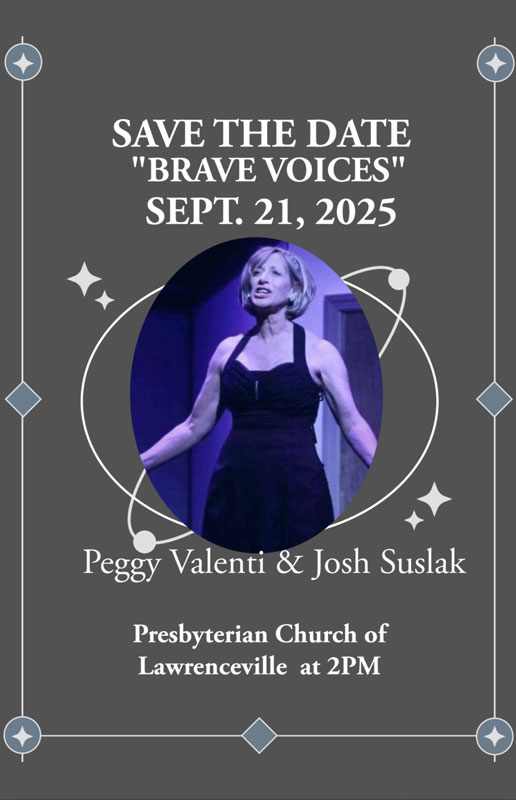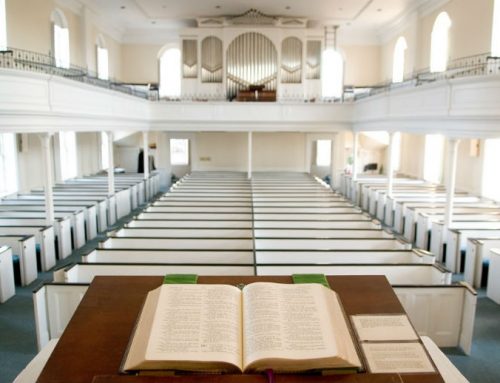Like many, I was struck – and deeply moved – by the anguished statements of both hurt and forgiveness expressed by family members of those killed by Dylann Roof. I wonder if any of you also pondered, along with me, how it was possible for them to do so – or even whether such quick and ready forgiveness felt appropriate.
As a Christian, I am convinced that the power and grace to forgive is at the heart of the Christian message, and I believe that their actions are nothing short of a courageous and eloquent expression of that faith. But reading Roxane Gay’s column this morning in the New York Times articulated some of the thoughts that lingered beneath the surface for me – namely about how such forgiveness seems shrouded and obscured by the shadow that racism casts on the situation. Please do take a moment to read it. Whereas the Amish farmers who offered instant forgiveness for the killer of their children in a 2006 schoolhouse shooting seemed unquestionably pure, there seems to be a different dynamic in play here. Ms. Gay seems to articulate powerfully why that is.
As a white person, is it appropriate for me to uphold this act of forgiveness when it might seem to let me off the hook for the racism that gave birth to such an act? A racism that is often invisible to those who enjoy white privilege, but obvious to persons of color? Is it possible that forgiveness gives ready cover for us to ignore the deeper issues – the “principalities and powers in high places,” of which Paul speaks, which create such evils, and which affect us all? These are the provocative questions that Ms. Gay’s column elicits for me.
I believe these are questions that we as a congregation should grapple with, as a predominantly white community of faith.
To begin – here are a few thoughts of my own in response. I suppose I could not put it better than some of those who have already commented on the article:
1) “One does not forgive to absolve one who transgresses from his sin. One forgives for oneself in a sense. You ideally want a large, overflowing, compassionate heart as a personal goal. You become more of a positive contributor to society as you come closer to this.” We forgive first not for the person who wronged us, but to confess with our lips the desire for that grace that will release us from the spiritual venom that our desire for vengeance creates. Such hatred is corrosive to our soul. We cannot control the desire of the perpetrator to be forgiven, or to repent – our hope is that he will. But we begin first by desiring ourselves to be released from the poison of hatred and vengeance.
2) And this from an African American man: “Being able to forgive is a quality that makes us most unlike our tormentors. Dylann and others of his ilk perpetrate these heinous crimes precisely because they themselves cannot forgive us for the most unchangeable aspect of our person, namely, our black skin.” Forgiveness will always mess up those who wish to perpetrate evil. The Romans didn’t know what to do when people refused, in the face of persecution, to fight back or to hate them. The cross had worked magically every time before as a means of social control. But something about Christians was different. That love brought down a whole empire based on Roman privilege and Roman violence.
So…thoughts out there? Simply reply in the space below.
Jeff
PS – It was an incredibly powerful thing for about a dozen of us from PCOL to be welcomed by Shiloh Baptist as worshippers – I was unsure what it would feel like for white persons to insert themselves into the life of a primarily African American congregation. Their love and welcome felt to me yet more evidence of the power of the gospel. But I was also left feeling…let’s not only get together during crises and milestones. What could we do together – with Shiloh or any number of congregations in Trenton – to symbolize our desire to understand and work together on a more on-going basis?



